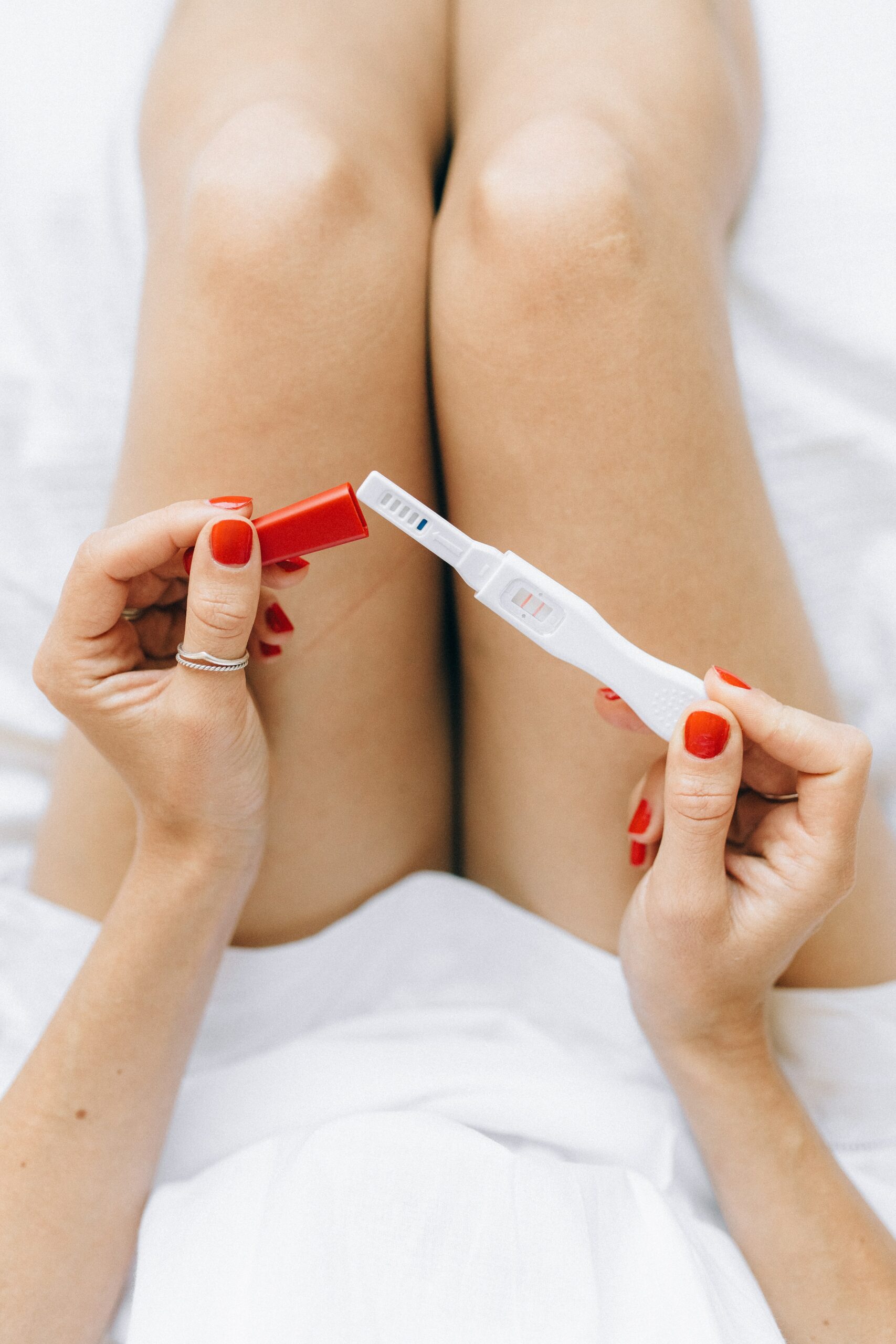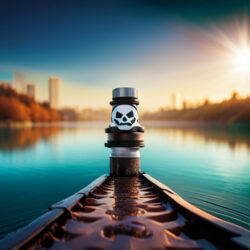Camp Lejeune Contaminated Water Claims for Infertility and Miscarriage
Between 1953 and 1987, military service members, their loved ones, and civilian workers at the Camp Lejeune military base were routinely exposed to toxic, dangerous chemicals through the water supply. Reports indicate that potentially more than one million people were exposed to toxic substances through the drinking water at Camp Lejeune.

The chemicals identified in the drinking water have been linked to a myriad of serious illnesses, including different cancers, Parkinson’s Disease, and infertility and miscarriages in women exposed to the toxic water while pregnant.
How the Toxic Water Supply at Camp Lejeune Can Cause Infertility and Miscarriage
The groundwater at Camp Lejeune became contaminated with volatile chemicals and substances including benzene, perchloroethylene (PCE) and trichloroethylene (TCE) and vinyl chloride. These chemicals are dangerous to human health and have been deemed carcinogenic by public health officials. When a substance is classified as carcinogenic, it means the substance has the potential to cause a variety of cancers, as well as health problems like infertility and miscarriages in women. For example, two of the identified chemical compounds (TCE and PCE) are known to disrupt menstrual cycles and fertility in women.
Studies Link the Toxic Water Supply at Camp Lejeune with Birth Defects, Infertility and Miscarriages
After it was discovered that military service members, their loved ones, and civilian workers at Camp Lejeune were exposed to dangerous chemicals through the water supply, the Agency for Toxic Substances and Disease Registry (ATSDR) launched multiple studies to try and assess the potential health risks and impact of exposure. The ATSDR studies identified a link between the toxic chemicals in the Camp Lejeune water supply and serious medical conditions including multiple types of cancer, infertility in women, and birth defects in infants. For example, a 2015 study of Camp Lejeune health problems noted that exposure to chemicals like perchloroethylene (PCE) and trichloroethylene (TCE) can affect menstrual cycles and fertility.
Pursue Financial Restitution for Your Harms and Losses Through a Legal Claim
If you or a loved one have suffered miscarriages or are struggling with infertility after being exposed to the contaminated water supply at Camp Lejeune, you may have grounds to file a legal claim enabling the pursuit of financial restitution for your harms and losses. A legal claim can be filed through the recently-enacted Camp Lejeune Justice Act of 2022.
Filing a Camp Lejeune Toxic Water Claim for Infertility or Miscarriage
You may be able to file a Camp Lejeune infertility or miscarriage lawsuit if you meet the eligibility requirements for such a claim. The requirements include (i) living or working at Camp Lejeune between 1953 and 1987 for at least 30 days and (ii) evidence of being diagnosed with a serious health condition thereafter. There is also the ability for a family member to file a wrongful death claim on behalf of a deceased veteran who likely lost their life due to health issues stemming from exposure to the water supply at Camp Lejeune.
Unfortunately, infertility and miscarriage are not the only ailments caused by exposure to the chemicals identified in the Camp Lejeune water supply. Other health ailments linked to the Camp Lejeune water supply include:
- Aplastic anemia
- Bladder cancer
- Breast cancer
- Esophageal cancer
- Hepatic steatosis
- Kidney cancer
- Leukemia
- Liver cancer
- Lung cancer
- Multiple myeloma
- Myelodysplastic syndromes
- Neurobehavioral effects
- Non-Hodgkin’s lymphoma
- Parkinson’s disease
- Renal toxicity
- Scleroderma
If you or a family member experienced any of these life-threatening health effects, fill out the form on the sidebar, or call the number on this site. You will then be connected with the intake team for a nationwide law firm, working on Camp Lejeune Water cases in all 50 states, but has a strong team in North Carolina.
Statute of Limitations for Filing a Camp Lejeune Infertility or Miscarriage Claim
If you are contemplating filing a Camp Lejeune toxic water claim related to infertility, miscarriage, and/or birth defects, it is important to take action sooner rather than later. Why? Because the aforementioned CLJA contains a statutory limitation on the amount of time claimants have to take legal action. Specifically, claimants have two years from the date the federal law was enacted to take legal action. This may sound like plenty of time, but bear in mind the time investment necessary to obtain relevant records that will substantiate and strengthen your Camp Lejeune water contamination claim. This is why it makes sense to take action now. One of the best first steps is to get connected with an experienced attorney to discuss whether you have a viable claim.
We are Ready to Link You to a Knowledgeable Camp Lejeune Water Contamination Attorney
If you or a loved one lived, were stationed, or worked at the Camp Lejeune military base in North Carolina between 1953 and 1987 for at least 30 days, consider contacting an attorney to discuss your legal options. We can help. Simply fill out the form on the sidebar, or call the number on this site, and we will connect you with a knowledgeable intake team for a nationwide law firm, working on Camp Lejeune Water cases in all 50 states, but has a strong team in North Carolina.
Written by an attorney licensed in Virginia and North Carolina.




